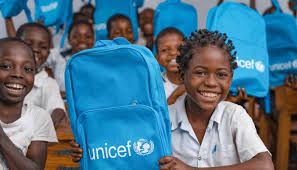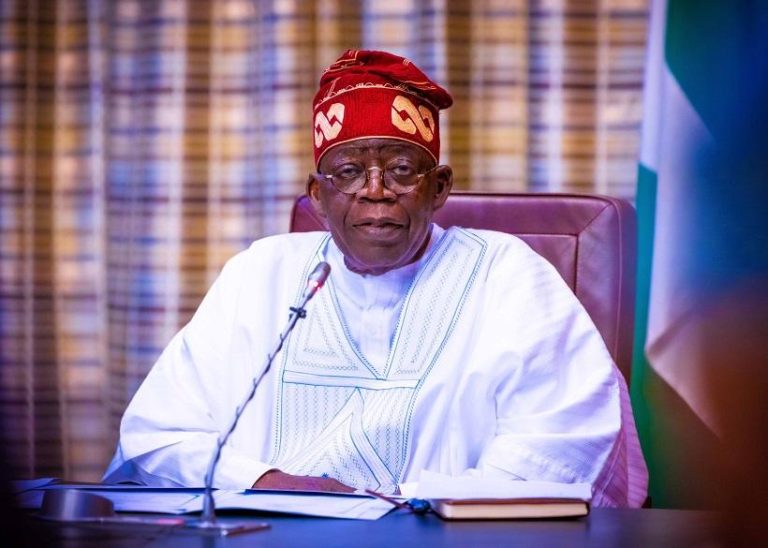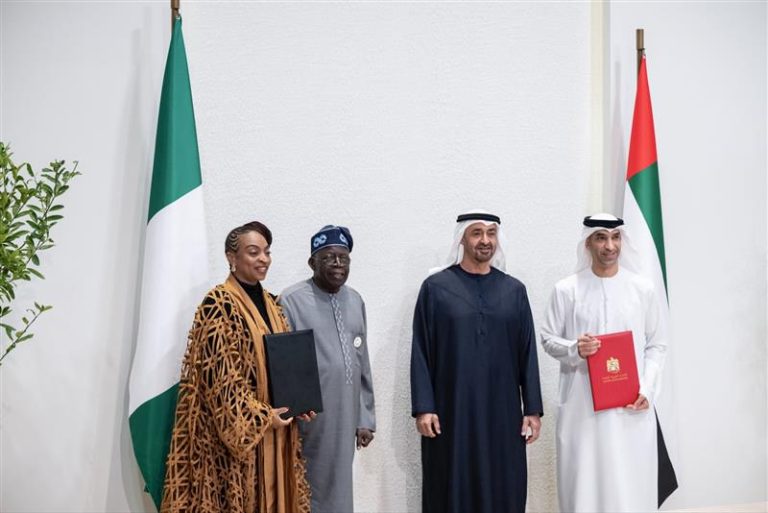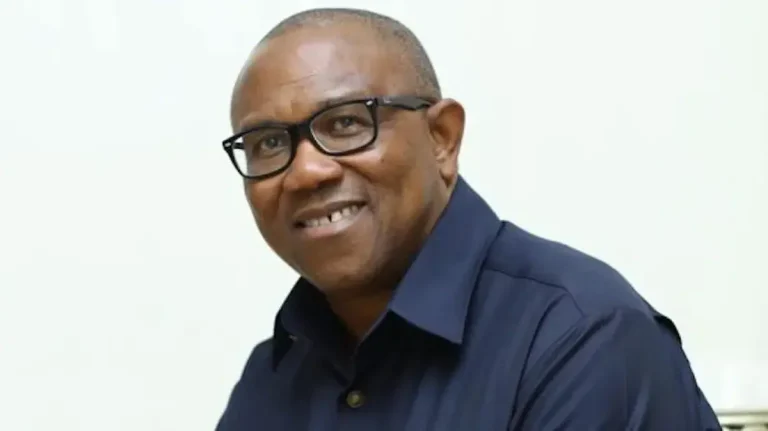
The Federal Government, in collaboration with the United Nations Children’s Fund (UNICEF), has called on journalists and media organisations across Nigeria to promote ethical reporting practices that protect the rights and dignity of children.
Speaking at a two-day workshop on ethical journalism and children’s rights reporting held in Ibadan, Oyo State, the Permanent Secretary, Federal Ministry of Information and National Orientation, Ogbodo Nnam, emphasised that the media remains a powerful tool in shaping public perception, influencing social behaviour, and protecting vulnerable groups, especially children.
Nnam, who was represented by the Head of the Ministry’s Child Rights Information Bureau, explained that the training was designed to enhance journalists’ capacity in responsible storytelling, strengthen their understanding of child rights frameworks, and promote professionalism in the coverage of issues affecting children.
He noted that media practitioners serve as the “voice of the voiceless”, and that their work must balance public interest with compassion and responsibility, particularly when reporting sensitive matters involving minors.
“The media plays a critical role in shaping public attitudes and safeguarding the most vulnerable members of society,” Nnam said. “Every story, image, and word carries weight and has the potential to impact a child’s life. It is therefore important to report with integrity, sensitivity, and respect for human dignity.”
The Permanent Secretary commended UNICEF for its continued partnership with the government in advancing children’s rights and supporting initiatives that promote ethical and responsible journalism in Nigeria.
In her remarks, the UNICEF Chief of Lagos Field Office, Celine Lafoucriere, underscored that ethical reporting is vital to ensuring that children’s rights are not violated in the pursuit of sensational headlines or increased readership.
She stressed that every child deserves to be portrayed with dignity and respect, noting that journalists have a duty to protect children’s privacy and avoid content that could stigmatize or endanger them.
“At UNICEF, we believe that every child has the right to be seen, heard, and protected. Ethical reporting is not just a professional obligation, it is a moral responsibility. By upholding these principles, journalists help build a society that values empathy, justice and the protection of its youngest citizens”, Lafoucriere said.
She urged media professionals to champion children’s rights in their newsrooms and use their platforms to promote positive narratives about childhood, development, and protection.



